It started with a drought.
As climate shifted, the land dried up, grass receding into hard-packed dirt. Crops died, farms failed.
Displaced agricultural families left the countryside to move to the city, seeking new jobs, new ways to provide for themselves.
As cities grew in population, so too did unrest. New groups of people, new numbers, led to more tension, more protests.
And then war.
For years Syria has been lost in a struggle of power, of bombs, of never-ending conflict.
But it will end. It is ending. Then what?
Relief—emergency kitchens, aid—these are good, these are necessary. But the wounds of war need more than temporary fixes. They need to be mended with real and sustainable change.
For families in one rural part of Syria, it’s starting with a mushroom.
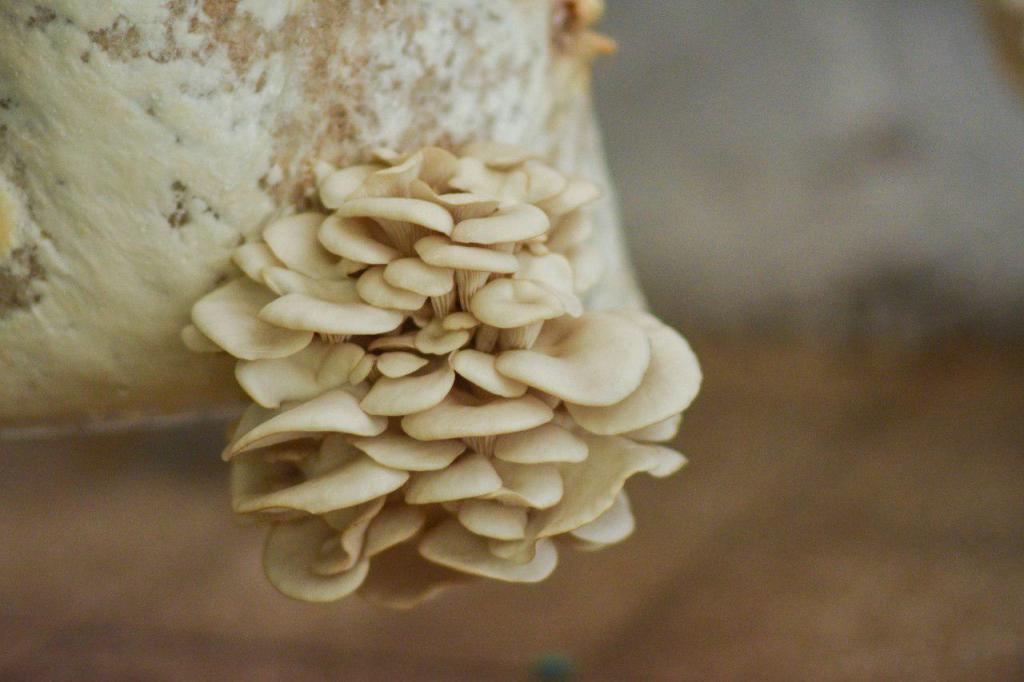
It’s a lot to ask of the small, ivory gold fungi, with its fluted, ruffled edges. In the Aleppo countryside, in a community absolutely gutted by war, people are learning something completely new: mushroom farming.
Mushrooms don’t require land. Which is a good thing, because much of the land in Syria is still unsafe, sown with mines and ordnances. Open farmland is often used by ISIS and al-Qaeda as hiding places or locations to launch small attacks.
So rural Syrians are moving forward with openness and ingenuity, stringing up bags of pasteurized hay and patiently waiting for the pale blooms to grow.
High in protein and packed with amino acids, mushrooms provide a nutritious alternative to meat. They’re cheap and relatively easy to grow, particularly in Syria’s intense climate.
We’re introducing something new to these families, to the culture, the marketplace. We’re teaching them how to grow the mushrooms.
It’s a bit of an experiment, this alternative. It’s a risk, but people are worth risking it all.
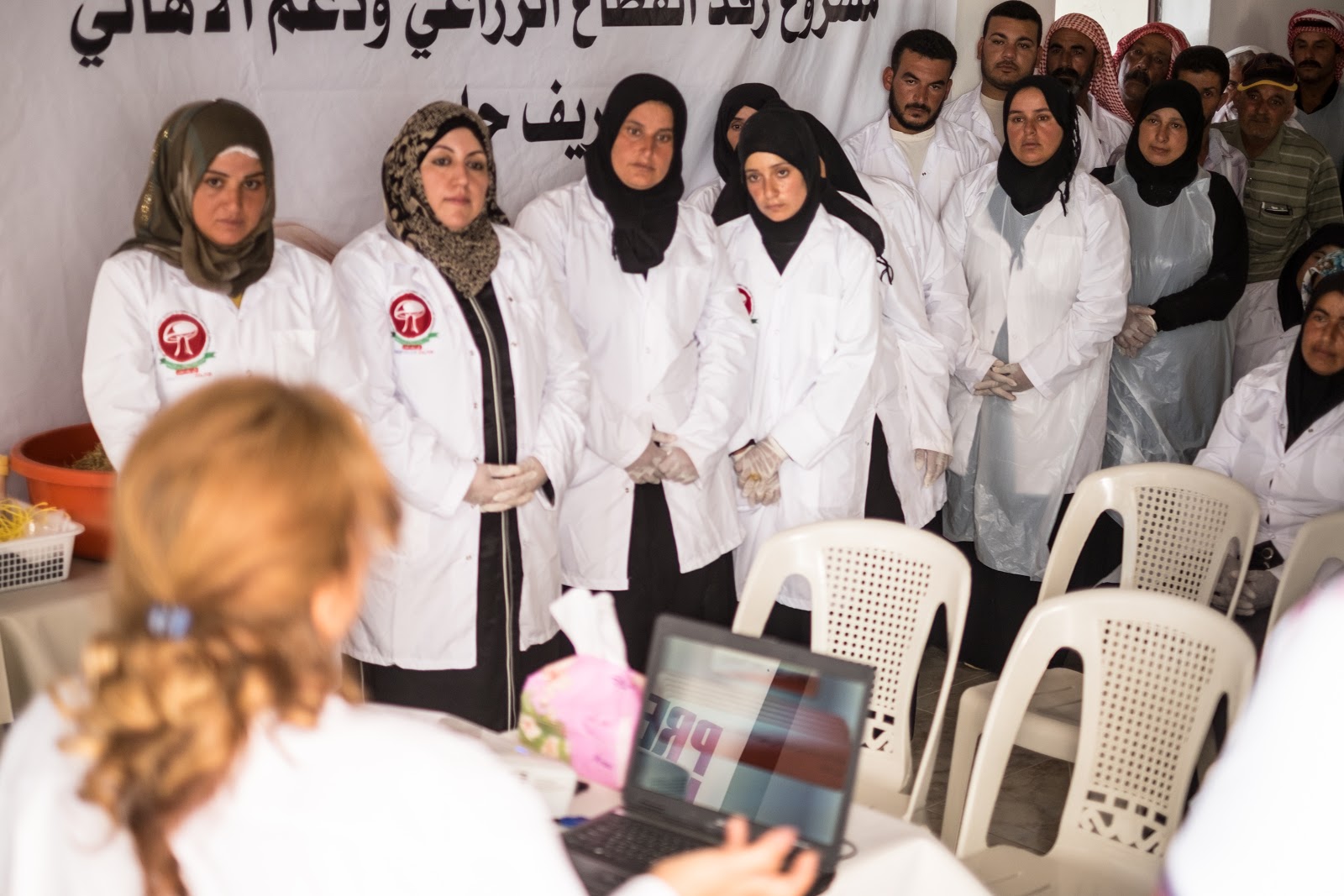
To start, 250 families will receive 35 bags of mushrooms to take home. In just 19 days, these bags can produce enough mushrooms for half a year’s worth of income.
It’s not just income, though. It’s a chance to reclaim their identity, to find their purpose again as providers, to speak again the language of farmers—soil and weather, seeds and harvest.
It’s just a mushroom, but it’s so much more. It’s not just calories, but a powerful, nutritious food. It’s a living wage. It’s a simple way to reintroduce agriculture into the bombed-out, barren landscape. It might all come down to the mushroom and its tender, determined farmers. They might just prevent history from repeating itself.
Syria may look dark right now, with its decimated rubble, its mine-tilled earth. But in the dark, things are growing, hope is blooming.

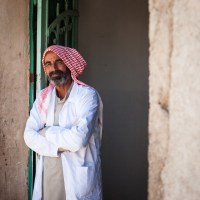
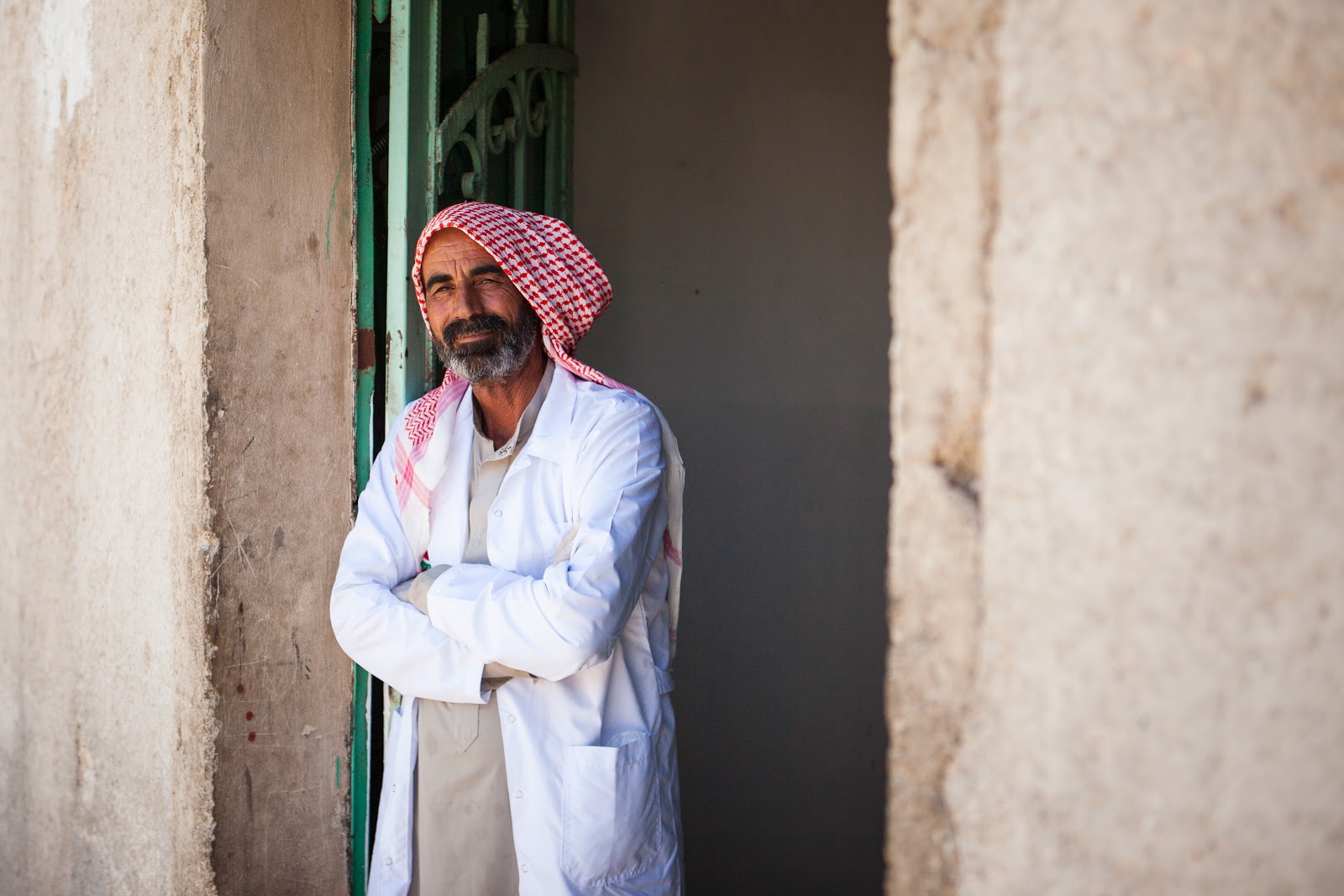
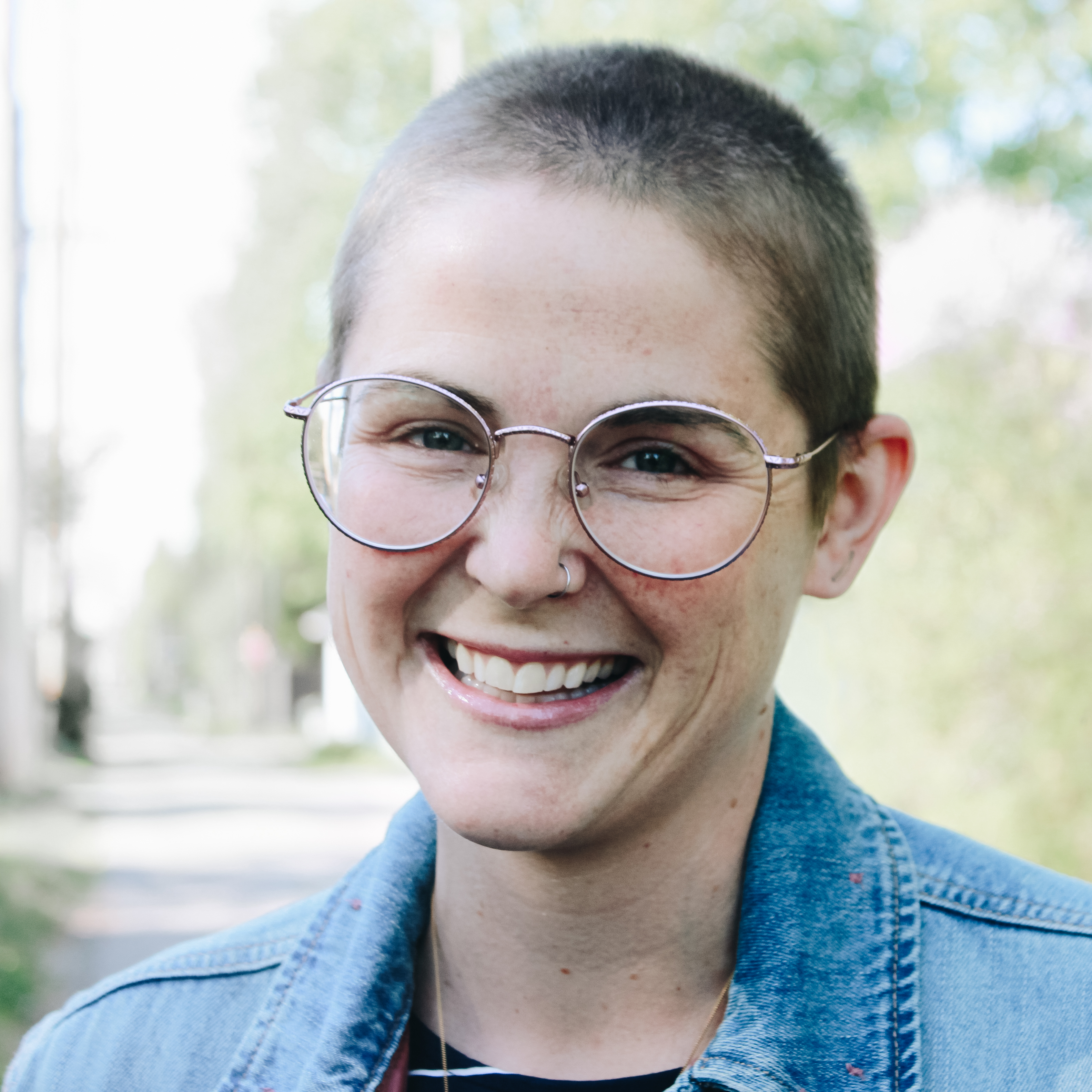 Kim Mack
Kim Mack